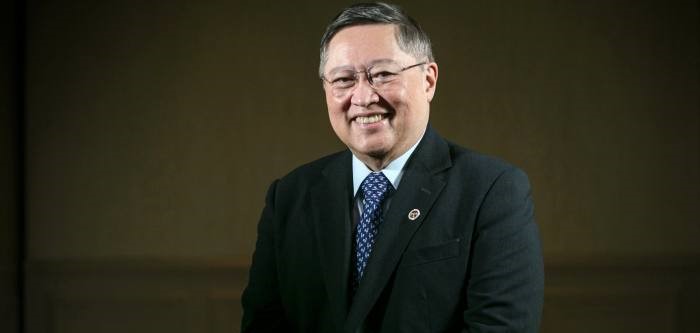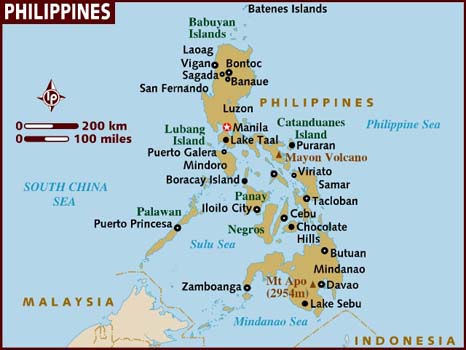Philippines criticizes Trump Policymaking
January 8, 2019 | Expert Insights

The finance minister of the Philippines has said that uncertainty in US economic policy was “making people nervous everywhere” and could harm global growth.
Background
The relationship between the United States and the Philippines has historically been strong and has been described as a Special Relationship. The current Philippine president Rodrigo Duterte, however, is supportive of a foreign policy that is less dependent on the United States, favouring one that prioritizes closer relations with China instead. The Philippines is one of the oldest Asian partners of the U.S. and a strategically major non-NATO ally.
The economy of the Philippines is the world's 34th largest economy by nominal GDP according to the 2017 estimate of the International Monetary Fund's statistics, it is the 13th largest economy in Asia, and the 3rd largest economy in the ASEAN after Indonesia and Thailand. The Philippines is one of the emerging markets and is the sixth richest in Southeast Asia by GDP per capita values, after the regional countries of Singapore, Brunei, Malaysia, Thailand and Indonesia.
The Philippines ranks as the 26th-largest export market and the 30th-largest supplier of the United States. Key exports to the U.S. are semiconductor devices and computer peripherals, automobile parts, electric machinery, textiles and garments, wheat and animal feeds, and coconut oil.

Analysis
Carlos Dominguez III, a close friend and top economic adviser to President Rodrigo Duterte, has said that Mr Trump has created anxiety and contributed to the recent global plunge in stock prices.
“The uncertainties that have been injected into US economic policies have roiled international markets,” Mr Dominguez said in an interview. “Going after interest rates, not getting the budget approved — you know, quite frankly, I think it’s unnecessary.”
Steven Mnuchin, the Treasury secretary, denied that the president ever suggested firing Mr Powell. However, Mr Trump has hectored the Fed chief and the central bank’s rates policy in remarks that contributed to the recent global plunge in stock prices.
“When banks see uncertainty going up or risk going up, what they do is raise interest rates, and that will mitigate against economic growth,” said Mr Dominguez.
He was, however, upbeat on the performance of his own economy, saying that Philippine inflation, which last year spiked to its highest level in nine years, was “over the hump” and had begun to reduce “drastically”.
The country’s economy grew 6.3 per cent in 2018 as more people in the country of 105m entered the middle class and an ambitious $120bn infrastructure investment plan by the Duterte administration has begun to translate into projects.
However, inflation calculated on a monthly basis spiked to 6.7 per cent in September and October, the fastest rate since 2009, because of higher food and fuel prices. The latter jump was caused partly by higher global oil prices, and also by the Duterte administration’s decision to increase of fuel excise last year under the first phase of a tax reform programme.
However, Mr Dominguez said: “We believe that the inflation rate peaked in October and has gone down very drastically in November and December, and we think we are over the hump there.”
He described the drop in inflation as the quickest the Philippines had had in the past 15 years and said: “I think the wind is in our sails now.”
Increased imports, meanwhile, caused a widening of the Philippines’ current account deficit from 0.4 per cent in 2016, the year Mr Rodrigo Duterte took office, to 1.9 per cent last year.
He added that the widening gap in the balance of payments was “typical of a country that is growing very fast”, and owed to imports of cement, steel and other goods needed for the “Build Build Build” programme, under which the Philippines is building or upgrading roads, bridges, airports and other infrastructure meant to improve links and accelerate growth in the archipelago nation.
Assessment
Our assessment is that the Philippines’ tilt towards China continues as Trump’s policies cause more harm to the ‘special’ Filipino-US relations. We believe that the Philippines is warming up to more trade and investment with China and maybe more empathetic to China in the ongoing trade war with the US.








Comments